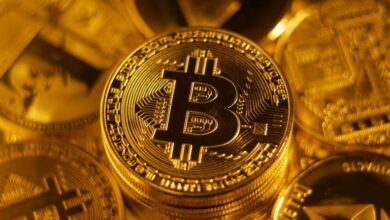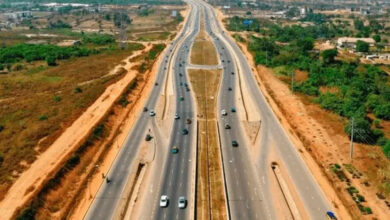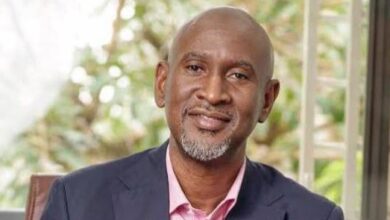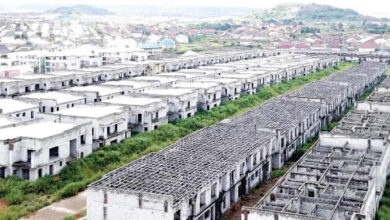Petrol price goes up in Lagos
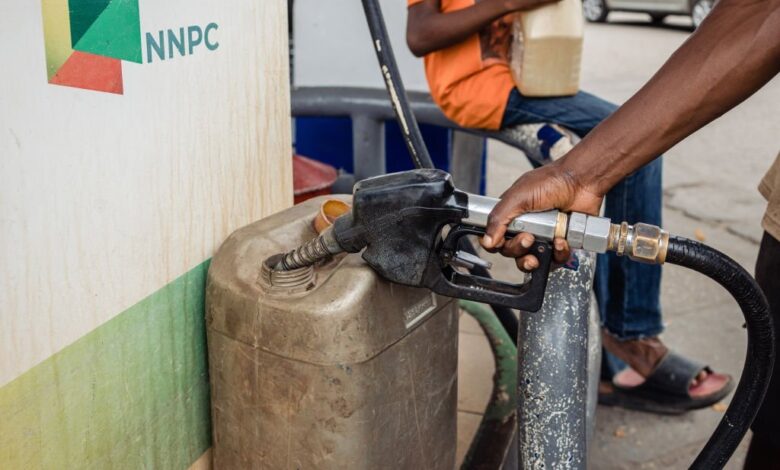
Petrol marketers throughout Lagos have raised pump prices to a range of N925 to N935 per litre, attributing this increase to escalating landing costs, supply limitations, and delays related to currency policies.
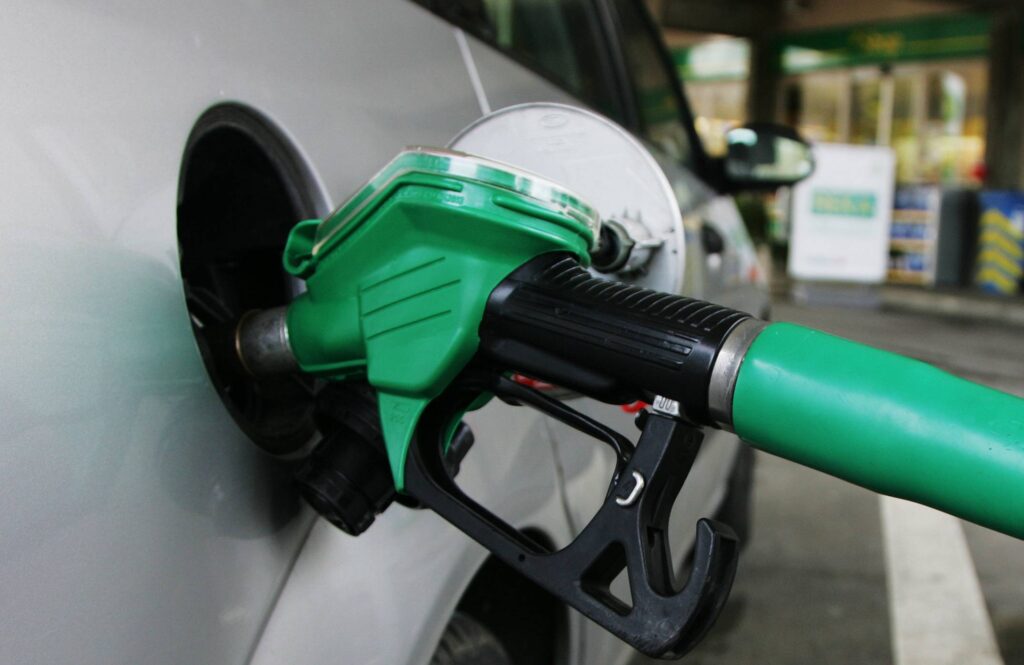
The increase in prices comes after Dangote Refinery’s decision to cease petrol sales in naira, alongside ongoing discussions regarding the naira-for-crude policy.
Last Monday, the landing cost of petrol surged from N797 per litre to N843.28 per litre, a jump of N46 per litre. Major filling stations, including TotalEnergies and MRS, subsequently adjusted their pump prices to N935 and N925 per litre, respectively.
WHAT MEMAN HAS TO SAY TO THE HIKE
As per the most recent bulletin from the Major Energy Marketers Association of Nigeria (MEMAN), the price increase is attributed to a rise in international petroleum prices. The shift from winter to summer-grade gasoline in Europe has resulted in elevated costs, further intensified by supply constraints as arbitrage flows into Europe are currently unprofitable. Additionally, stocks at the Amsterdam-Rotterdam-Antwerp (ARA) hub, a key global trading center for oil and biofuels, have fallen to a 12-week low.
MEMAN also emphasized that seasonal maintenance at refineries throughout Europe, combined with a recent fire at the Falconara refinery in Italy, has constrained supply and contributed to heightened market volatility. Although the foreign exchange rate remains relatively stable, landing costs are still very sensitive to various factors, often fluctuating multiple times within a single day.
ADVICE TO MARKETERS
The Nation reported that the association recommended achieving savings through enhanced logistics and better access to foreign exchange. It advised marketers to cut costs by minimizing ship-to-ship transfers whenever feasible and by choosing larger cargo deliveries instead.
ALSO READ: Lagos confirms 10 diphtheria cases, urges public hygiene
The landing cost of petrol at the Apapa/ASPM Jetty is determined by various factors, including exchange rates and financing charges set at 32% per annum for a duration of 30 days.
It also encompasses regulatory fees from the Nigerian Maritime Administration and Safety Agency (NIMASA) and the Nigerian Midstream and Downstream Petroleum Regulatory Authority (NMDPRA). Furthermore, additional costs such as berthage, mooring, cargo dues, contingency fees, and VAT play a role in shaping the final price at the pump.
As petrol prices keep climbing, both consumers and businesses are preparing for the wider economic effects of the surge in costs within Nigeria’s energy market.

